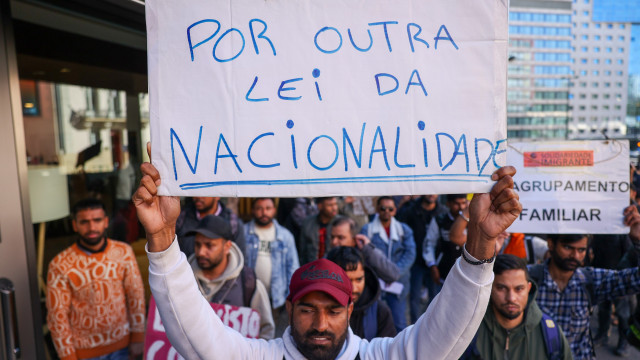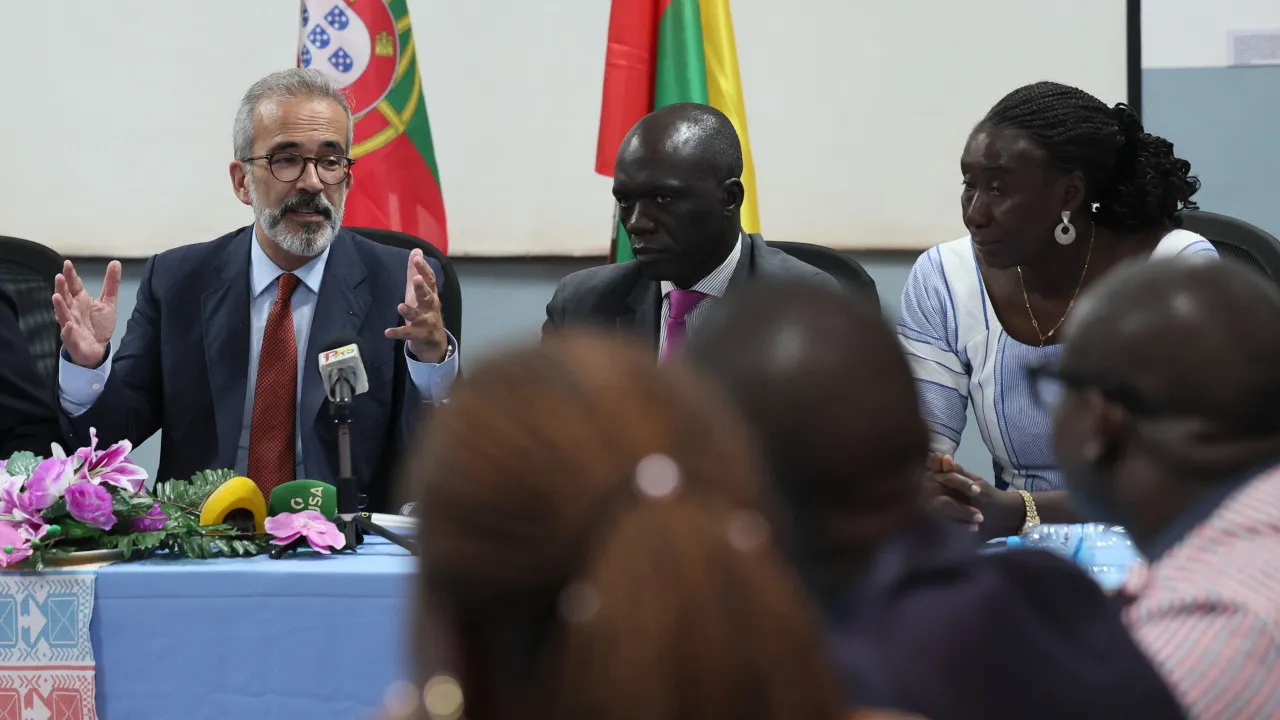During a press briefing at the Assembly of the Republic, Mariana Mortágua remarked that the legislative process resulting in today’s approval of amendments to the immigration law “is a stain on the history of the parliament,” as it was conducted “without proper debate, clarification” and “with unresolved constitutional doubts.”
Mortágua explained that, for this reason, the Left Bloc resorted to the “last recourse” and requested a meeting with the President of the Republic to urge him to veto this bill, arguing that its content warrants a more thorough debate in parliament.
“We will request an audience with the President of the Republic to share our concerns about the law and to report (…) a legislative process that does not respect the importance of this law, that does not respect the associations on the ground, that does not respect the order and manner in which we conduct legislative processes in the Assembly of the Republic,” she stated.
When asked whether she wanted Marcelo Rebelo de Sousa to opt for a political veto, sending the bill back to parliament, or to submit it to the Constitutional Court, the Left Bloc deputy replied that, while she sees constitutional issues in the bill, the goal is for the law to be discussed again in the Assembly of the Republic with greater depth.
“For us, there are constitutional doubts, but even if the law were considered constitutional, there would still be doubts about the process of its approval by the Assembly of the Republic. In our view, Parliament was not respected,” she added.
The Left Bloc leader argued that Parliament should restart the discussion of the bill, listening to “those who should be heard.”
Mariana Mortágua also suggested that, from a constitutional perspective, the end of family reunification could represent a violation of the right to family.

The amendments to the immigration law were approved today in parliament, with votes from PSD, Chega, and CDS, amidst criticism for the lack of mandatory opinions and the government’s rush, which led to IL’s abstention.
The changes to the legal regime for the entry, stay, exit, and expulsion of foreigners from the national territory had already been approved in the Committee on Constitutional Affairs on July 11, with votes against from the left, who claimed legal breaches due to the absence of mandatory opinions.
The issue at hand is the absence of mandatory opinions and the hearing of immigrant associations and constitutionalists, as requested by opposition parties.




